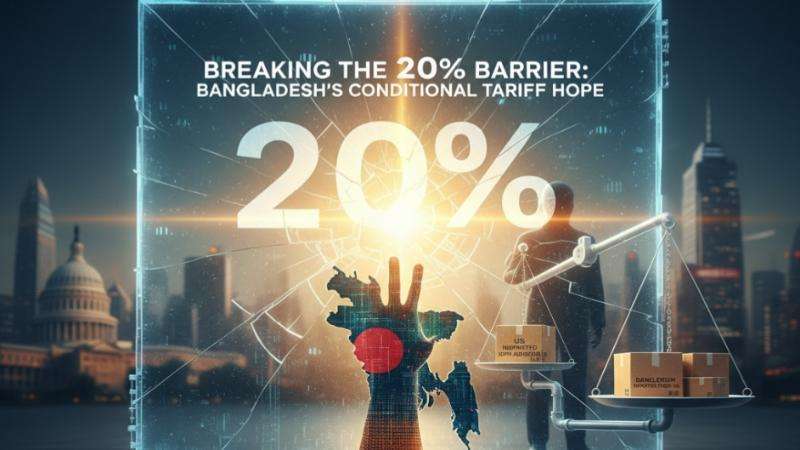Nearly a year after being unexpectedly thrust into Bangladesh's political leadership, Nobel laureate Muhammad Yunus opened up to Rajini Vaidyanathan of BBC News's "The Interview" about the formidable challenges and grand aspirations of his interim government. The 84-year-old, globally renowned as the "banker to the world’s poor" for founding the microfinance pioneer Grameen Bank, now faces the daunting task of steering a nation scarred by political turmoil and deep-seated issues.
Yunus's ascent to power followed the dramatic overthrow of former Prime Minister Sheikh Hasina's government in August last year, ignited by widespread student-led protests against alleged election rigging, human rights abuses, and the jailing of critics. As Hasina fled, student leaders turned to Yunus, a figure largely seen as non-partisan, to unite a deeply divided Bangladesh.
In the BBC interview, Yunus reiterated his vision for a "new Bangladesh," promising to stamp out corruption – a pledge that has seen his administration dismantle Hasina's Awami League and jail many senior leaders on charges including crimes against humanity. However, the path has been far from smooth. Yunus's government has reportedly faced significant political obstacles, including pressure from various factions regarding the timeline for new elections, with some reports suggesting he considered resignation due to difficulties in working amid political parties' failure to find common ground. While his administration has appointed a Constitutional Reform Commission and pledged elections by June 2026, the absence of a firm date has drawn criticism.
Beyond internal political wrangling, Yunus's government is also grappling with a severe Rohingya refugee crisis, with over a million displaced people from Myanmar sheltering in Bangladesh. Managing this immense humanitarian challenge has been compounded by cuts to foreign aid from some traditional donors, even as new commitments are sought. Switzerland, for instance, plans to end its bilateral development cooperation with Bangladesh by 2028, though it will maintain a regional approach in climate protection and migration.
Yunus's journey to political leadership has been marked by a long-standing feud with Sheikh Hasina, who famously accused him of "sucking blood from the poor" through Grameen Bank's microcredit model and initiated various allegations against him, all of which he vehemently denies. Despite these past controversies and the immense pressure of his current role, Yunus, as highlighted in the interview, continues to advocate for a fundamentally reformed Bangladesh.
Muhammad Yunus's transition from a globally acclaimed social entrepreneur to an interim political leader represents a unique experiment in governance. His appointment, driven by popular demand amidst a national crisis, speaks to the deep yearning for a trustworthy, non-political figure to guide Bangladesh towards stability and reform. His Nobel Peace Prize and reputation for empowering the poor undoubtedly lend him significant moral authority on the international stage, which could be crucial for navigating complex foreign relations and securing much-needed support for the refugee crisis.
However, the interview hints at the formidable challenges facing his technocratic government. The political landscape in Bangladesh remains highly fragmented, and achieving consensus among disparate parties for fundamental reforms, particularly electoral ones, is a monumental task. The reports of his contemplation of resignation underline the immense pressure from political factions, including demands for swift elections versus his focus on implementing reforms first.
Furthermore, while his anti-corruption drive is popular, it also risks alienating powerful vested interests, potentially creating further instability. The dwindling foreign aid, as revealed in recent reports, adds another layer of complexity, demanding innovative solutions for economic management and humanitarian efforts. Yunus's past criticisms, particularly from Sheikh Hasina, also resurface, reminding observers of the political currents that have long swirled around his public persona. Ultimately, the success of Yunus's "new Bangladesh" will hinge on his ability to translate his visionary ideals into tangible political and economic reforms while navigating a deeply entrenched and often contentious domestic political environment. His year in office, as explored in the BBC interview, provides a vital insight into the delicate balancing act required to lead a nation in transition.




_3.jpg)


.jpg)
.svg)

_1.jpg)
